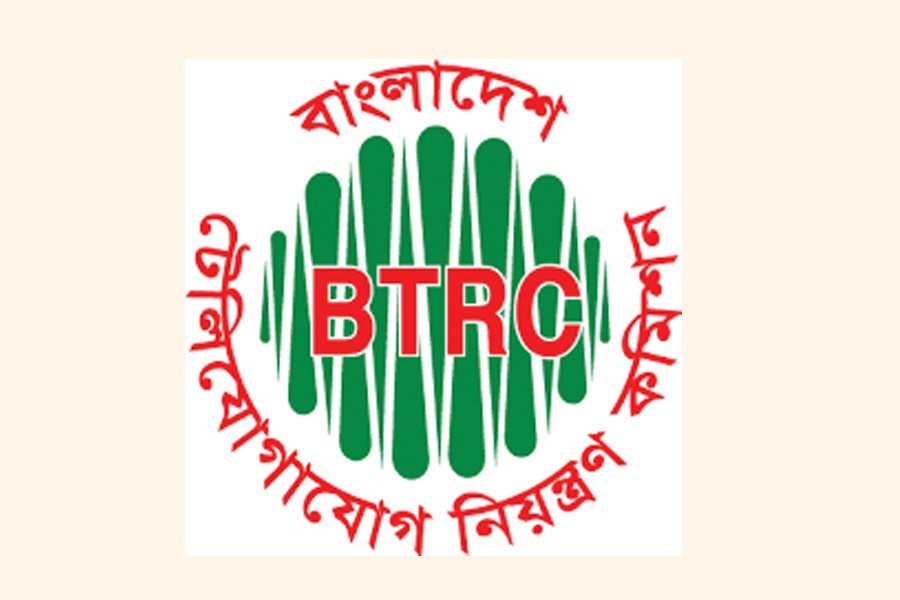
Published :
Updated :

The long-drawn dispute over arrear dues between the two top telecom operators and the telecom sector regulator, hopefully, is heading towards an amicable solution. The disagreement turned nasty lately as both sides stuck to their guns. The Bangladesh Telecommunication Regulatory Commission (BTRC) imposed a number of restrictions on both the operators and served show-cause notice on them seeking to know why their licences would not be revoked for non-payment of dues. The operators that had suggested arbitration for resolution of the dispute earlier, apparently, got perturbed and filed two separate cases seeking permanent injunction on the BTRC's audit claims.
Since the dispute between the two telecom giants and the BTRC over audit claims amounting to more than Tk. 134 billion has started showing some negative impact on the economy, the incumbent finance minister decided to step in and assure the relevant parties of finding an 'amicable, transparent and acceptable' solution within next two to three weeks. The dispute needs to be resolved fast because of the fact that it has already given rise to worries in the corporate world. Further prolongation of the dispute would leave a long-term damaging impact on both existing and potential foreign investors.
Meanwhile, the disagreement and consequent actions have caused certain damage to the capital market. One of the major reasons for the stock prices sliding continuously--- the main index of the Dhaka Stock Exchange (DSE) came down below 4900 points last week---due to BTRC actions against the Grameenphone (GP). In a span of five months, the shares of GP sank nearly 31 per cent. The slide has made the investors in a dull market further nervous. Following the finance minister's assurance relating to the BTRC's audit claim, the GP stocks rebounded notably on Thursday last though the market maintained its bearish trend.
More importantly, the dispute has made the availability of substantial volume of revenues to the government uncertain. The telecom sector, the GP in particular, remains a major provider of revenues in the form of taxes to the National Board of Revenue (NBR) and fees, rents, charges etc., to the BTRC. The GP is also the number one source of corporate tax. The government can hardly afford disruption in the regular flow of funds from such key sources.
Dispute over policies or financial claims is nothing unusual and it may arise at any point of time. Resolution of the same through discussion between the parties involved is also a common practice. In the event of a persistent disagreement, arbitration, which is one of the ways used in alternative dispute resolution (ADR), is also one of the recognised ways of settling disputes outside the court.
The BTRC reportedly declined the telecom operators' offer to resolve the dispute through arbitration since rules concerned do not permit it to avail the same. That sounds rather strange. The BTRC's disliking for ADR, however, contradicts the government's avowed policy of encouraging settlement of disputes outside the court. It is time the BTRC amended its rules to facilitate the use of ADR for dispute resolution, as and when necessary.


 For all latest news, follow The Financial Express Google News channel.
For all latest news, follow The Financial Express Google News channel.